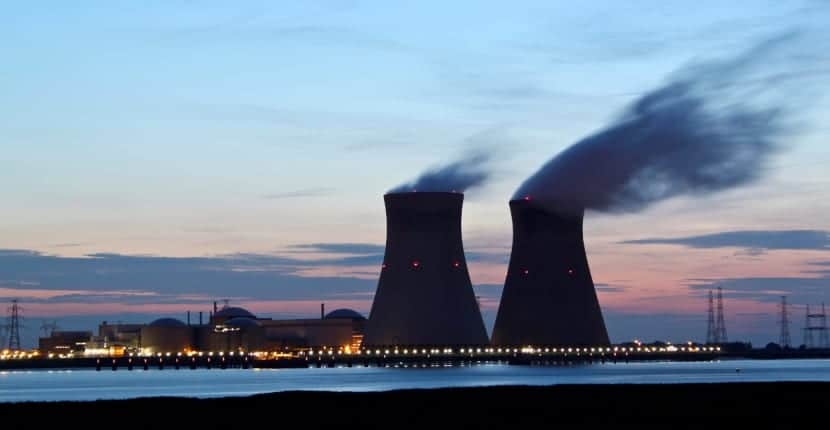
It seems that Google has a new objective in mind and, as one of the companies that invests the most in research and development of new technologies, this time they have been interested in one that, as a human being, still has a long way to go to be able to do use of it. As the title of this post says, we are talking about the nuclear fusion.
Before continuing, I can tell you that what everyone understands today as nuclear fusion, surely at some point or another you have heard of this type of energy, either in the news, newspapers ... and, precisely what we understand as nuclear fusion is nothing other than nuclear fission, two processes that, contrary to what it may seem, are completely different.

Nuclear fusion and nuclear fission are two completely different ways of obtaining energy
In order to understand the differences between nuclear fusion and nuclear fission, tell you that the plants from which today we are capable of extracting energy basically what they work with is Nuclear fision. With nuclear fission, energy is obtained from a heavy nucleus that is bombarded with neutrons. Thanks to this it is achieved that it becomes unstable and as a result its decomposition in two. Fissured nuclei are responsible for releasing a large amount of energy.
For its part, nuclear fusion is the opposite, that is, it is a reaction in which two very light cores come together to form a heavier stable one. This union of these two nuclei gives rise to the release of an enormous amount of energy. An example of this type of process and of the energy that can be produced is that of our Sun.

Google seeks to solve all the problems of nuclear fusion with the creation of an algorithm
Once we have clearer the differences between the technology we use today with which several dozen scientists are investigating, I want to talk to you about Google, a technology company that has decided to set a new goal in this type of research and, for that, they want develop an algorithm that is capable of finding solutions to all the processes that arise and for which scientists have no answer.
The idea they have at Google is to solve all those problems that arise when trying to generate energy through nuclear fusion, a technology that is still in development and that, the more it is used, investigated and tested, the more problems it causes, problems for which for scientists working on it they have no explanation, at least for now. It is precisely this point that Google wants to solve through the use of computing.
To achieve its objectives, Google has just announced a collaboration agreement with the company Tri Alpha Energy, an American company based in Foothill Ranch (California) that was founded in 1998 to develop all kinds of technologies that would allow humans to make use of nuclear fusion. This company has a long history where we find a large number of patents that refer to this type of process.

Google and Tri Alpha Energy join forces to try to advance in the field of nuclear fusion
With this collaboration it is intended accelerate the advance of nuclear fusion, a type of energy that, although not renewable, is much more sustainable than the one we generate today by burning fossil fuels, to which we must add that it has the capacity to generate much more electrical energy than other types of techniques such as the aforementioned nuclear fission.
It is one of the ways that human beings would have to generate much more energy at a lower price, something that would serve us precisely to achieve a sustainable growth at the same time that a transition towards forms of achieve economically viable renewable energy.